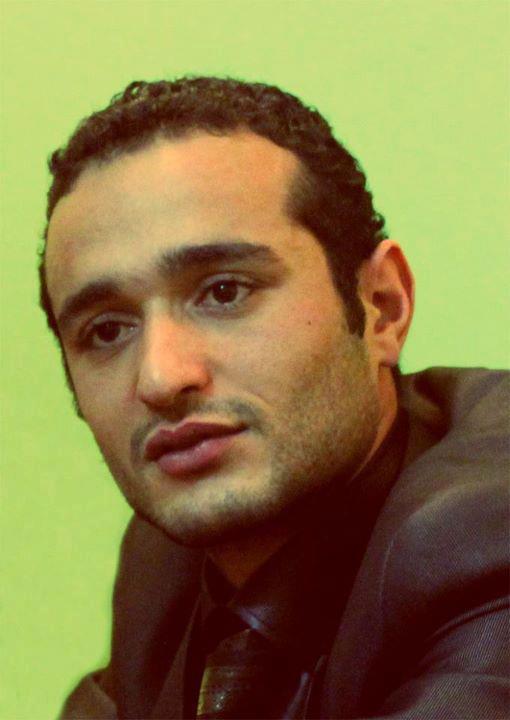KATI, Mali: A US Special Forces instructor leans toward a steering wheel, showing some 50 Malian soldiers gathered around an army pickup how a passenger should take control of a car if the driver is killed in an ambush.
The elite Malian troops look on, perplexed. "But what can we do if we don’t know how to drive?" asks Sgt. Amadou, echoing many of his colleagues’ concern.
There are a few laughs, but the Malians are not joking; most of their unit does not know how.
The lack of ability to perform such a basic task illustrates part of the huge knowledge gap the US military is seeking to bridge in Africa as it trains local armies to better face the region’s mounting threats.
The exercises Monday in Kita, a shooting range in the savanna near Mali’s capital, Bamako, are but one leg of an ambitious program led by the Pentagon’s Africa Command, or AFRICOM, to provide top-tier training in six African countries during three weeks this month.
Over 200 "Green Berets" from the Special Operations Forces and from the US Marines Special Forces have deployed in Mali, Mauritania and other countries that line the Sahara Desert’s southern rims.
The yearly exercise, known as "Flintlock," is being beefed-up to face traffickers and Al-Qaeda-linked terrorists mounting increasingly brazen operations in this vast region of porous borders and lawless tribes.
Western intelligence officers estimate some 400 heavily armed Islamist militants have made northern Mali their rear-base. A kidnapped French tourist is being held somewhere in the desert, and half-a-dozen were held hostage last year.
More worrying still for authorities, the militants , known as Al-Qaeda in the Islamic Maghreb, or AQIM, are now believed to be cooperating with traffickers who increasingly use the desert routes to carry large quantities of South American cocaine to Europe.
This brings more weapons and more cash to the region, increasing the militants’ potency.
Small forces from several European countries and some 500 African troops are taking part in this year’s exercise, including countries that don’t directly touch the desert, like Senegal.
"The point is, we’ve got to start getting ready for Al-Qaeda if they come our way," said Maj. Cheikhna Dieng, who headed 30 Senegalese soldiers taking part in Monday’s exercises.
"They recruit from Islamists, and that’s a threat we’re taking seriously," because over 90 percent of Senegal’s population is Muslim, he said.
Armies in the impoverished countries that militants and traffickers cross are usually no match for the outlaws’ heavily armed columns, and vast swathes of eastern Mauritania, northern Mali and Niger, and southern Algeria are now considered no-go zones.
But Mali’s army plans to reclaim its part of the area in the coming months, said Capt. Ongoiba Alou, the commander of the embryonic Malian Special Forces. "The whole purpose of the exercise is for our troops to be able to fight the terrorists," he said.
That most of his unit training Monday can’t drive is a sign of Mali’s lack of funds, Alou says.
"These are our elite troops," he said, stating they’d proven their worth in combat during clashes with a rebellion of ethnic Tuareg nomads that ended a few years ago in the volatile north.
Most of the Malian Special Forces, formed at the American’s prodding, come from paratrooper units. But they lack training, and one paratrooper died last week during a Flintlock parachuting exercise.
An investigation is still under way, but Malian and US officers said it seemed the trooper had somehow knocked his head against the plane as he was jumping.
Shooting in live fire exercises and jumping from planes can be challenging for poorly trained and poorly equipped armies in a patchwork of uniforms like Mali’s, but US soldiers say they find the troops very motivated.
"Training with them is also an outstanding opportunity to build contact," said Capt. Shane West, the US Special Forces team leader who headed the exercise.
Malian and American authorities have given orders for the US Special Forces to only conduct training, and none will launch real operations during Flintlock, West said.
"We’re essentially here to help our host nation handle whatever situation it needs to," he said. "And we’re taking it step by step."

